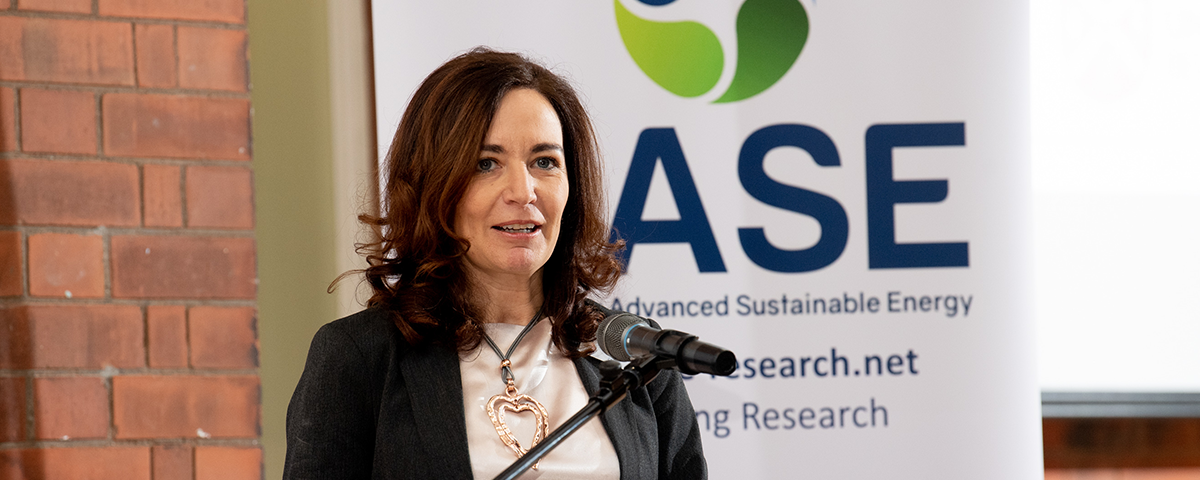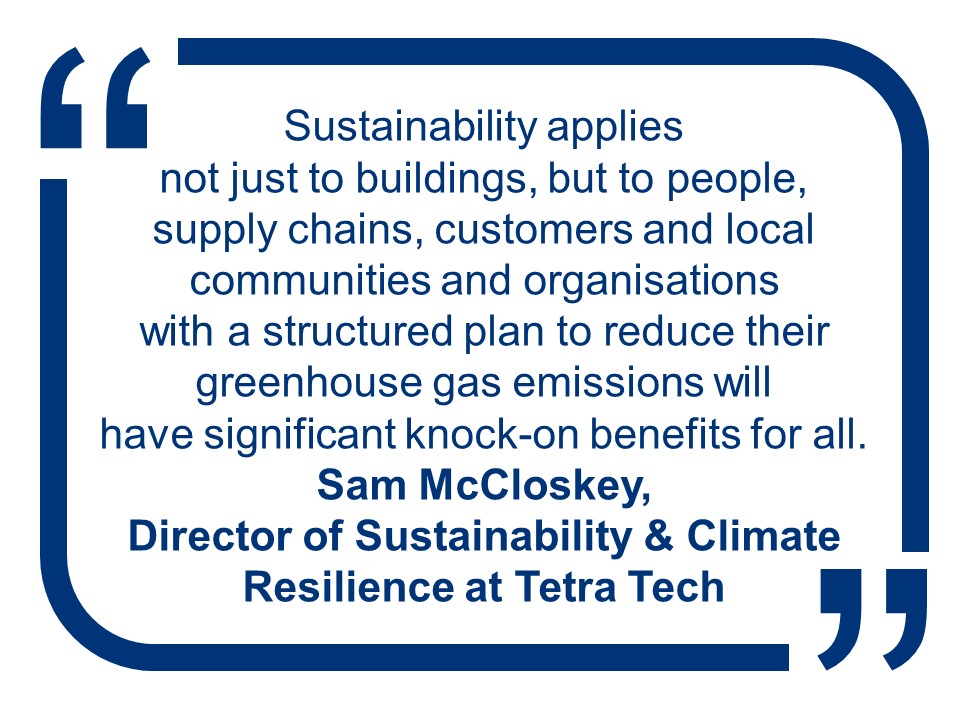
On 9th August 2021, the Intergovernmental Panel on Climate Change’s (IPCC) Working Group 1 released a new report assessing the extent of physical changes to the climate as a result of human activity, covering past, present and likely future impacts.
The report warns that the window to deliver the “deep emissions cuts” needed to prevent the worst impacts of the climate crisis is closing rapidly, meaning we all have an increased responsibility to do what we can to prevent global warming.
Sam McCloskey, Director of Sustainability & Climate Resilience at Tetra Tech, gives her comments on the report, and outlines what organisations can be doing to increase their sustainability.
“The IPCC report will be a grim wake up call for many, but what is most important is to remember it isn’t too late to make a difference. While there is wide awareness of global warming as a concept, there is less of an understanding of what the dangerous knock-on effects of it look like. From increased disease and food shortages, to the floods and fires currently ravaging parts of the world, the planet heating up has the potential to devastate.
“While many organisations are making moves to reduce their carbon emissions, this is often done via multiple small projects and ‘quick wins’, instead of being underpinned by a strong framework which works to improve sustainability throughout every facet of their business. Embedding sustainability and commitments to reducing greenhouse gas emissions into organisational strategy will have a ‘triple bottom line’ benefit. As consultants, we all have a key role in helping our clients realise economic benefit and do their part to prevent further negative climate change.
“Strategy can apply to the development of low carbon infrastructure, such as innovative building design targeted to outstanding BREEAM or CEEQUAL ratings, or integrating climate resilience into building flood defences, specifying renewable energy technologies, or to planning and designing smart, resilient cities. Sustainability applies not just to buildings, but to people, supply chains, customers and local communities and organisations with a structured plan to reduce their greenhouse gas emissions will have significant knock-on benefits for all.”

Craig Hatch, President of Tetra Tech UK, said:
“At Tetra Tech, we use our Leading With Science approach to work with commercial businesses, regulators and government organisations to evaluate and accelerate adaptation and mitigation plans to decarbonise operations and assets, and help reverse the effects of climate change.
“There is no one-size fits all strategy, but hopefully today’s report will encourage more organisations to immediately explore how they can reduce their greenhouse gas emissions permanently – without this commitment now, the consequences for humans and the rest of the planet, will be stark.”